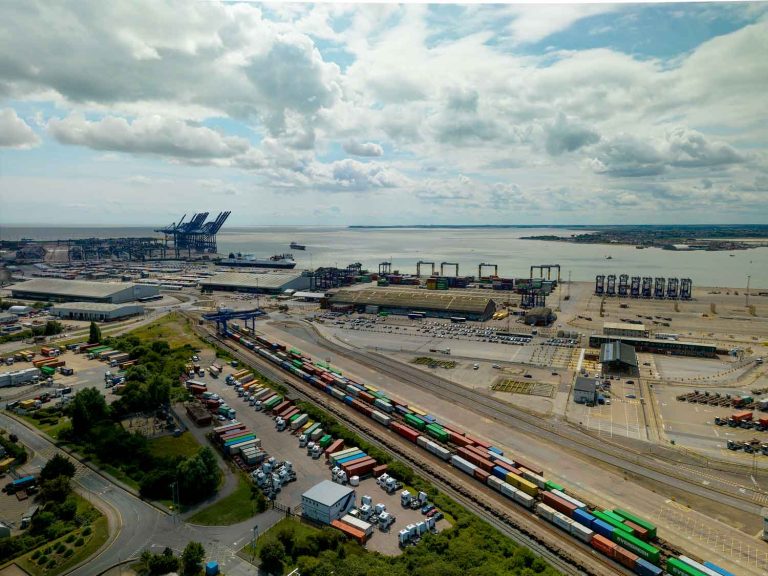
Date:
UK Freeports Offer New Opportunities for Businesses
The new labour government has confirmed its commitment to the ‘Freeports’ initiative that aims to stimulate economic growth, by offering an array of incentives, from tax relief on investment to National Insurance contributions (NICs) relief on employee earnings.
With eight Freeports now operating in England and two each in Scotland and Wales, and further developments planned, the Freeports programme represents a promising approach to support industries, promote innovation, and create jobs in strategic locations.
Tax and Customs Advantages for Businesses
One of the most attractive features of Freeports is the tax relief on employer NICs. Employers can claim NICs relief on up to £25,000 of eligible employee earnings per year for up to 36 months, reducing operational costs and incentivising companies to grow their workforce locally.
Additionally, Freeports allow businesses to import materials tariff-free and defer customs duties until goods enter the domestic market. This creates an efficient system for businesses handling raw materials or intermediate goods, particularly those involved in exporting and manufacturing.
Regional Economic Regeneration
Freeports are designed to act as catalysts for regional development by attracting investment and encouraging innovation in specialised sectors. For instance, the Humber Freeport focuses on rare earth metals processing, supporting the UK’s green technology ambitions. Teesside Freeport, meanwhile, is set to become a hub for offshore wind turbine manufacturing, aligning with national renewable energy goals. In Wales, Freeports like the one on Anglesey are driving investments in solar and tidal power, helping to revitalise local economies that have been affected by industrial decline.
Freeports As Strategic Investment Zones
Beyond customs advantages, Freeports benefit from flexible investment rules and tax breaks on building and equipment investment. With recent government commitments to fund these areas as part of broader investment zones, Freeports provide businesses with opportunities to scale their operations, enhance productivity, and foster long-term economic impact.
The ongoing improvements are expected to create further incentives for businesses to establish themselves within Freeports, fostering an environment of innovation and competitiveness.
A Growing Attraction for Businesses
While initial uptake has been gradual, UK Freeports have already secured over £6 billion in investment and created around 7,000 jobs, with significant growth potential still untapped. The customs benefits, combined with substantial tax reliefs, make Freeports a compelling option for businesses looking to expand within strategically important sectors.
We are closely monitoring the development of Freeports and their potential benefits for our customers’ supply and value chains. Exploring cost-effective, value-added operations is always worthwhile, and some Freeport locations may present advantageous shifts in operations, provided that process, financial, and compliance factors align favourably.
Our supply chain, finance, and customs teams are ready to offer expertise, insights, and guidance on Freeport opportunities. For further insights, please EMAIL Elliot Carlile to discuss your situation and explore the most beneficial options.
